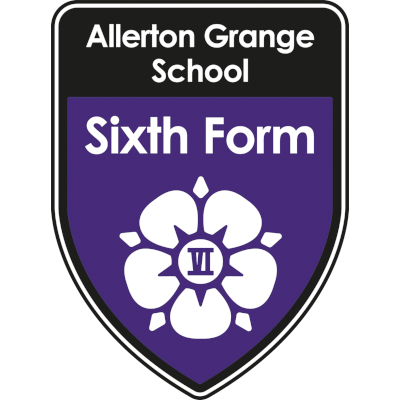Why study English?
Studying English Language or English Literature at A level will give you an excellent grounding to move on to further study at University.
Many of the skills you develop during the course including communication, collaboration, critical thinking, independence, adaptability and resilience are transferrable and highly valued.
English Literature
A level English Literature is a respected qualification with both universities and employers. It is particularly relevant to courses in literary studies, linguistics, journalism, media studies and modern foreign languages, as well as being useful for Arts, Humanities and Social Science subjects such as history, politics and law.
English Literature is one of the A levels recognised by the Russell Group of Universities as a ‘facilitating subject’.
Before you choose your Sixth Form subjects, have a think about the things you enjoy at school.
For example:
- Do you like reading?
- Do you like discussing texts?
- Do you like writing essays?
If you have answered yes to these questions, then you may want to consider studying English Literature. During the English Literature A level course you will study texts chosen by your teacher and some chosen by you with your teacher’s support. You will learn to engage critically and creatively with a variety of texts and explore the social, cultural and historical contexts of the texts you are reading and others’ interpretations of them. You will also undertake independent studies to deepen your appreciation and understanding of English literature, including its changing traditions, and discover new writers along the way who inspire, enlighten and delight you!
English Language
Studying English Language at A level is particularly suitable for students who wish to study English Language, Linguistics or English Studies in Higher Education. It is also a perfect subject to prepare you for Social Science subjects such as Psychology, Sociology and Politics. The course encourages you to take responsibility for your own learning and gives you a strong grounding in the academic principles relating to working with data.
If you are considering English Language as one of your A level subjects, ask yourself the following questions:
- Are you fascinated by the English language?
- Do you enjoy analysing texts?
- Do you enjoy creative writing?
If you have answered yes then this is the course for you!
The English Language course involves engaging creatively and critically with a wide range of texts. You will create texts and reflect critically on your own processes of production as well as pursue lines of enquiry, debate different views, and work independently to research aspects of language in use.
The course explores social contexts for language and how language has changed, and guides you to develop methods of exploring and understanding spoken and written language in use. You will use linguistic methods to analyse and investigate a variety of extracts including those from different historical time periods and develop your ability to express yourself in speech and writing, producing different texts for different purposes, audiences and in difference genres.
What careers is English useful for?
Future opportunities
Studying English gives you skills which will enable you to adapt and evolve in the rapidly changing socio-economic and political contexts of the modern world.
Our English A level students achieve excellent results and the majority move on to higher education.
English Language is the basis of our society and so studying it will help you whatever you go on to do in the future and is particularly suitable for students who wish to continue to university to study:
- English Language, English literature, English studies
- Sociology
- Cultural studies
- Linguistics
- Modern foreign languages
Beyond this, it can lead to careers in journalism, media, law, marketing and many, many other areas.
Studying English Literature prepares you for a wide range of courses in Higher Education, particularly:
- Literary studies
- Law
- History
- Journalism
- Media
Following this, you could choose to move into a career in Teaching, Journalism, Publishing, TV and Radio, Advertising, Copywriting, Public Relations, Digital Marketing, Linguistics, Law, HR, Banking, Accounting, Insurance, Libraries, Web Content Editing, Public Sector, Social Work, Nursing or postgraduate study.
Useful resources:
|
https://www.bbc.co.uk/bitesize/tags/zfmnwty/jobs-that-use-english-and-drama/1 |


